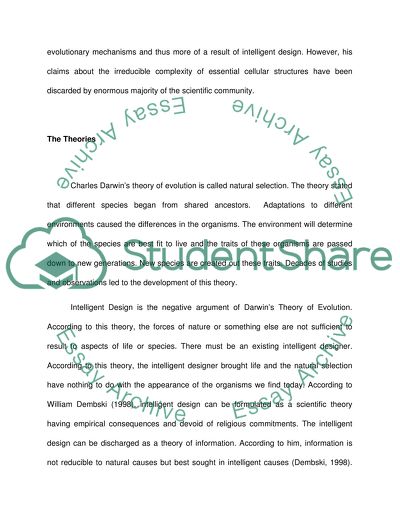Cite this document
(“Compare and contrast the 3 basic biology position of the 3 Essay”, n.d.)
Retrieved from https://studentshare.org/environmental-studies/1419280-compare-and-contrast-the
Retrieved from https://studentshare.org/environmental-studies/1419280-compare-and-contrast-the
(Compare and Contrast the 3 Basic Biology Position of the 3 Essay)
https://studentshare.org/environmental-studies/1419280-compare-and-contrast-the.
https://studentshare.org/environmental-studies/1419280-compare-and-contrast-the.
“Compare and Contrast the 3 Basic Biology Position of the 3 Essay”, n.d. https://studentshare.org/environmental-studies/1419280-compare-and-contrast-the.


